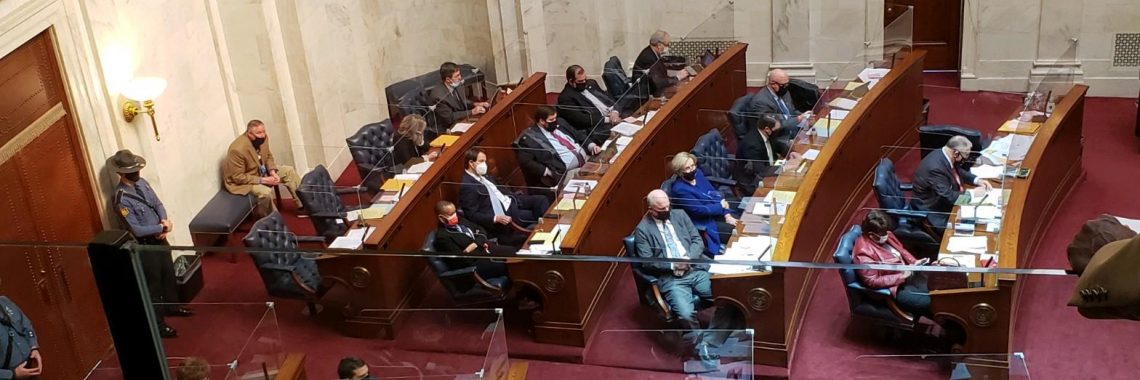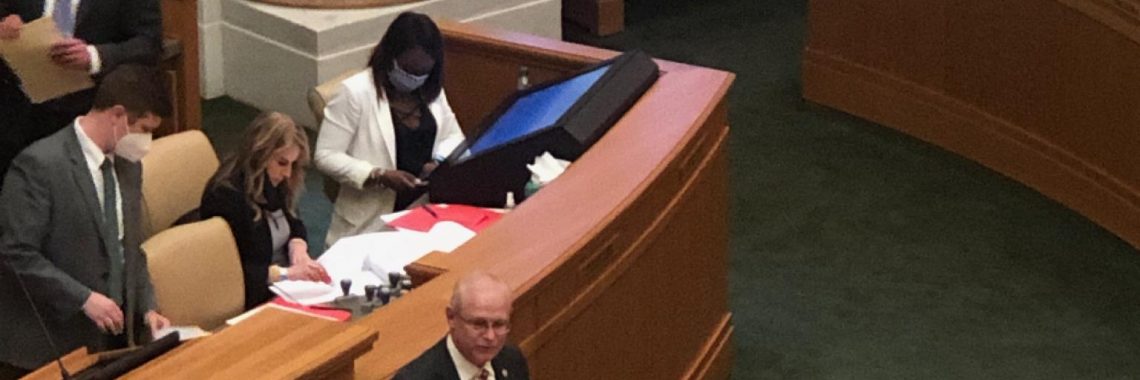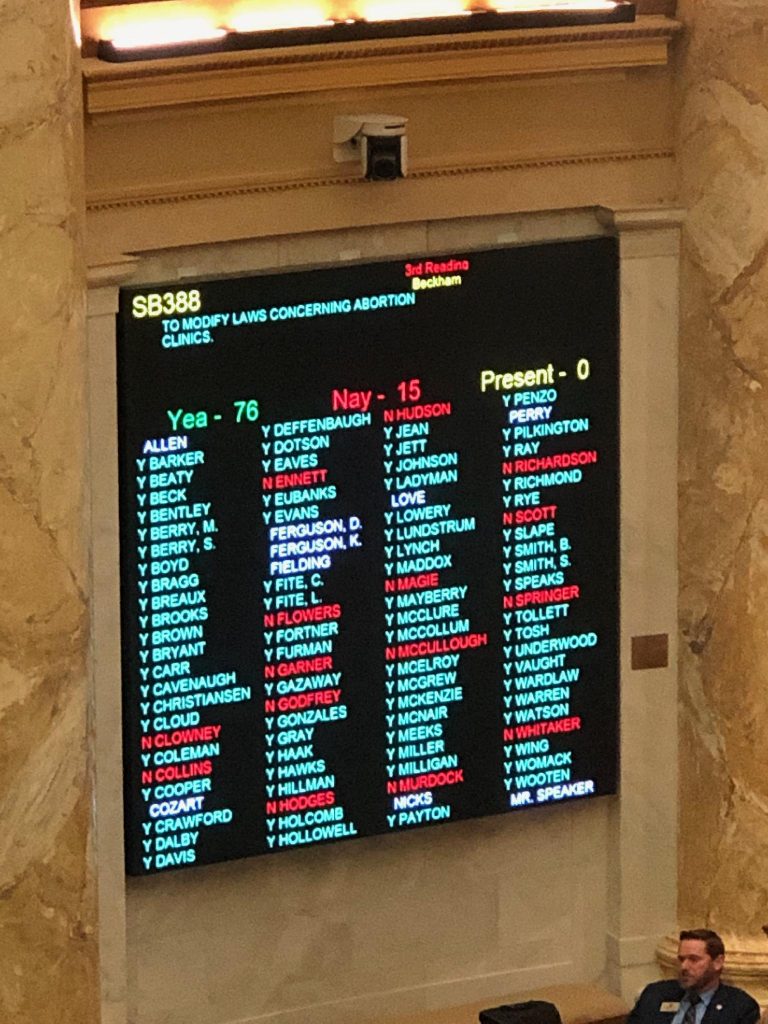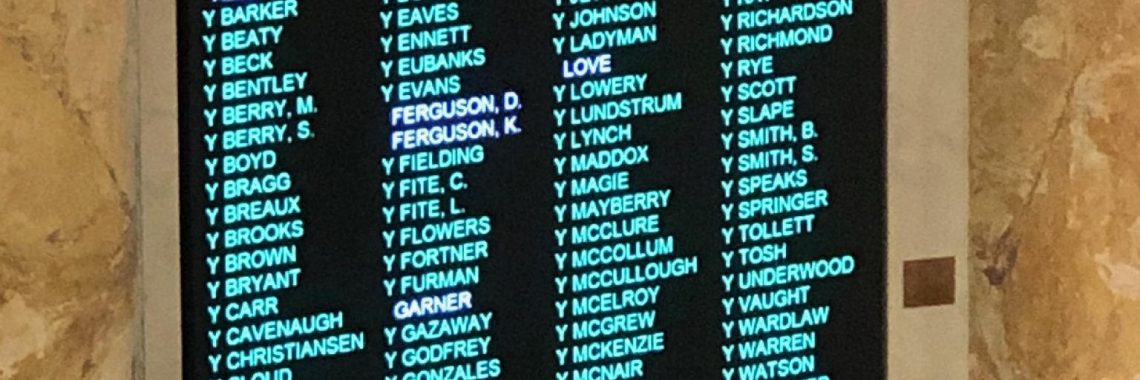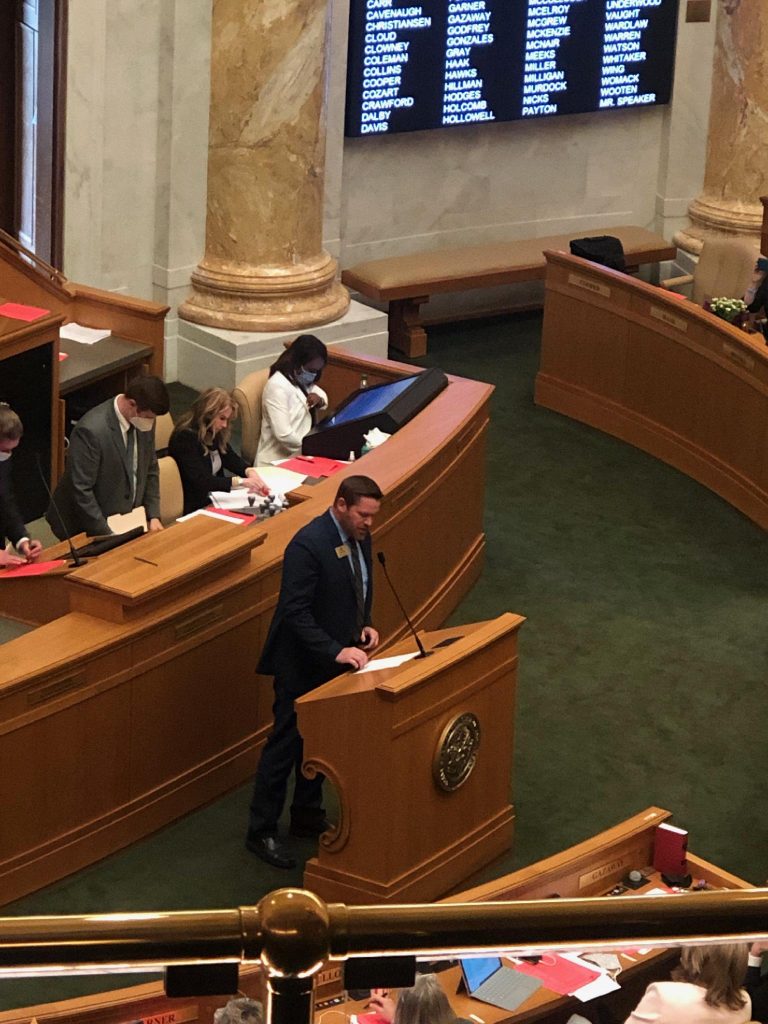Arkansas Senate Passes Bad Bill Permitting Public Drinking in Dry Counties
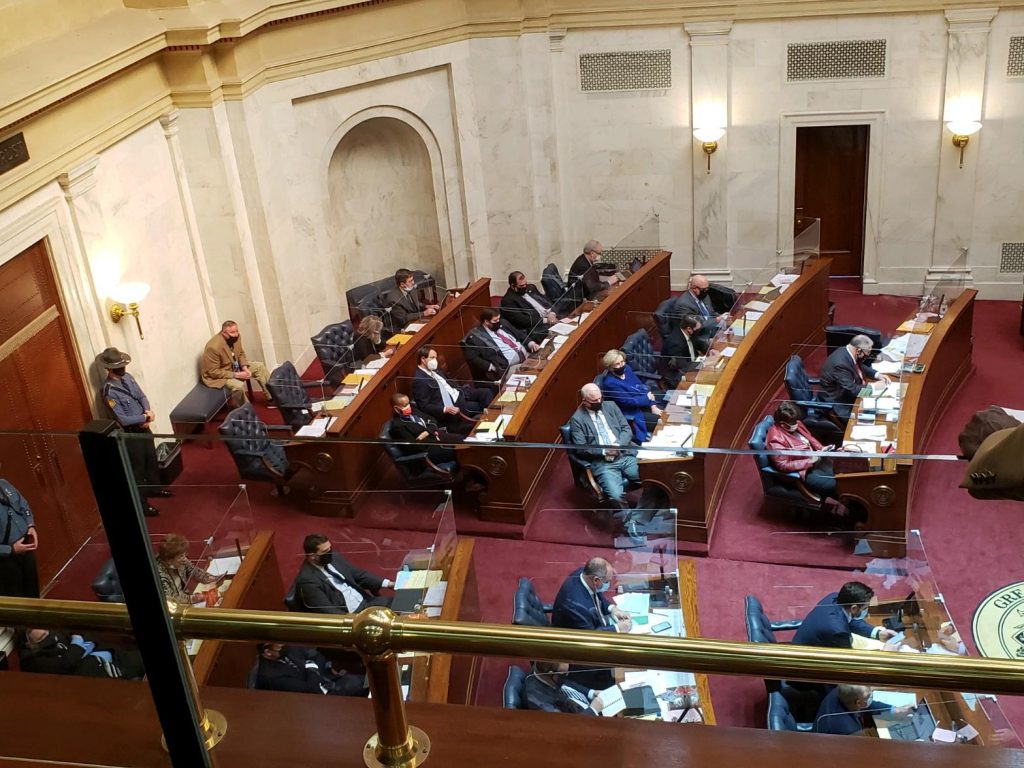
On Tuesday the Arkansas Senate narrowly passed H.B. 1228 by a vote of 18 to 14.
This bad bill by Rep. Lee Johnson (R – Greenwood) and Sen. Breanne Davis (R – Russellville) lets cities in dry counties approve public drinking in “entertainment districts” adjacent to private clubs that sell alcohol.
The Senate previously rejected H.B. 1228 on March 17. However, on Tuesday the bill passed despite having been soundly rejected just a few weeks ago.
Currently, cities and towns in wet counties can approve public drinking in entertainment districts.
H.B. 1228 expands Arkansas’ alcohol laws to let people carry and consume alcohol on city streets and sidewalks in entertainment districts in dry counties.
Does anyone really think that voters imagined there would be public drinking in their communities when they voted to make their county dry?
And yet that’s what will happen in some dry counties under H.B. 1228.
Below is a breakdown of Tuesday’s senate vote on H.B. 1228, the bill expanding public drinking to dry counties in Arkansas.
Voted FOR H.B. 1228
- B. Ballinger
- L. Chesterfield
- B. Davis
- J. Dismang
- L. Eads
- Elliott
- J. English
- Flippo
- S. Flowers
- T. Garner
- J. Hendren
- Hester
- K. Ingram
- G. Leding
- M. Pitsch
- B. Sample
- D. Sullivan
- C. Tucker
Voted AGAINST H.B. 1228
- Beckham
- Bledsoe
- A. Clark
- Gilmore
- K. Hammer
- Hickey
- Hill
- M. Johnson
- B. Johnson
- Rapert
- Rice
- G. Stubblefield
- J. Sturch
- Teague
Excused From Voting
- D. Wallace
Did Not Vote
- Caldwell
- Irvin
The Following Senators Voted AGAINST H.B. 1228 When It Failed On March 17, But Voted FOR H.B. 1228 When It Passed On April 20
- B. Ballinger
- J. Dismang
- Flippo
- Hester
- D. Sullivan

